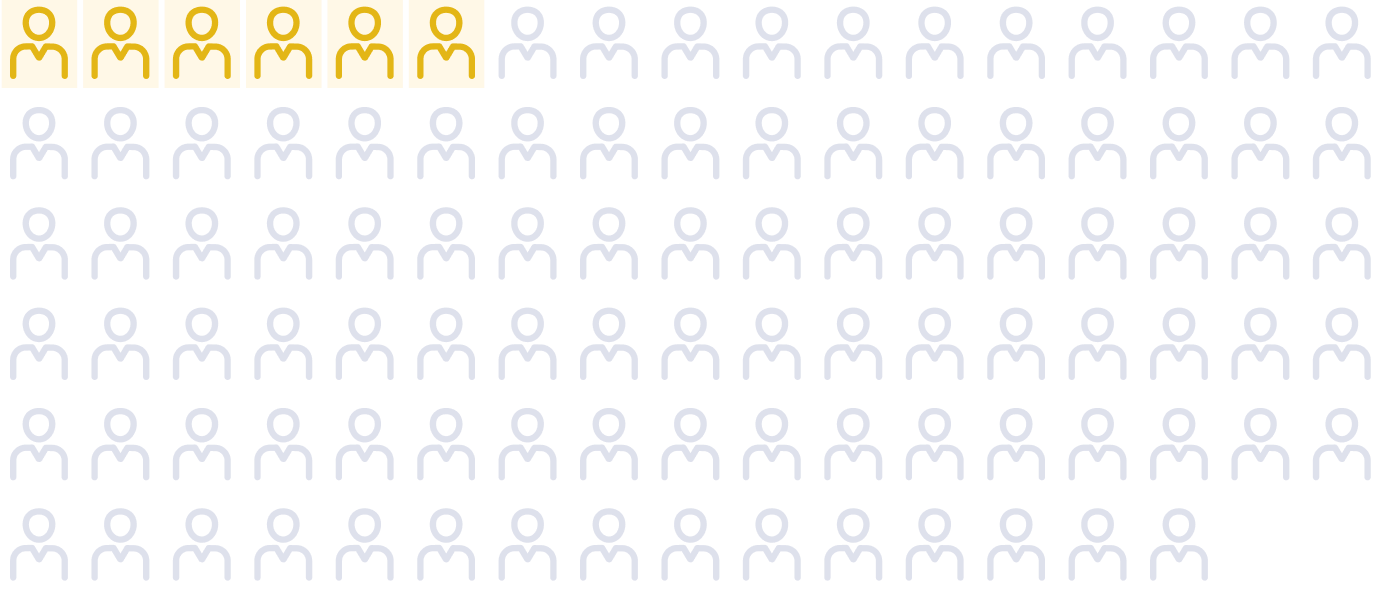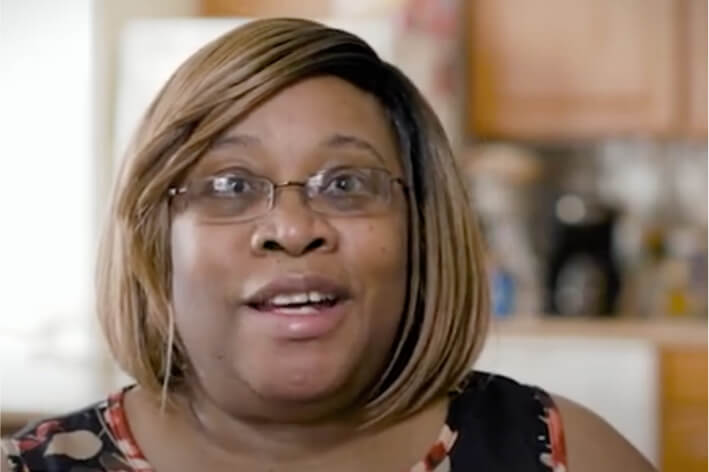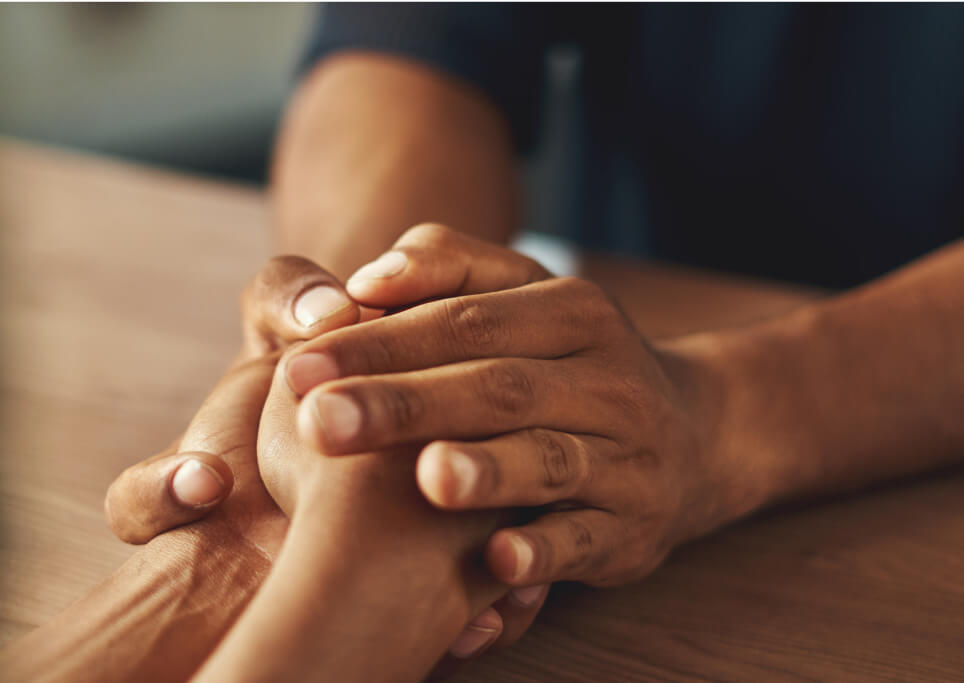Understanding PTSD

Learn more about PTSD, including the signs and symptoms of PTSD and how PTSD may impact a person’s daily life.
What is PTSD?
Posttraumatic stress disorder (PTSD) is a mental health problem that can occur after someone goes through a traumatic event like combat, assault, or a disaster. Most people have some stress reactions after a trauma. If the reactions disrupt your life and don't go away over time, you may have PTSD.

Signs & symptoms of PTSD
PTSD symptoms usually start soon after the traumatic event, but they may not appear until months or years later. They also may come and go over many years. If the symptoms last longer than 4 weeks, cause you great distress, or interfere with your work or home life, you might have PTSD. There are four types of PTSD symptoms. To be diagnosed with PTSD, you must have each type. However, everyone experiences symptoms in their own way.
Reliving the event (also called re-experiencing)
Your memories of the traumatic event may come back at any time. They can feel very real and scary. This could happen in the form of nightmares, or you may see, hear, or smell something that causes you to relive the event.
Avoiding things that remind you of the event
You may try to avoid situations or people that remind you of the trauma event. You may even avoid talking or thinking about the event. You may avoid crowds because they feel dangerous, or driving if you were in a car accident or if your military convoy was bombed.
Having more negative thoughts and feelings than before the event
The way you think about yourself and others may become more negative because of the trauma. You may feel numb and lose interest in things you used to enjoy, or you may think the world is completely dangerous and no one can be trusted.
Feeling on edge or keyed up
You may be jittery, or always alert and on the lookout for danger. You might suddenly become angry or irritable. This could include having a hard time sleeping, finding it hard to concentrate, or being easily startled by a loud noise or surprise.
About 6 out of every 100 people (or 6% of the population) will have PTSD at some point in their lives.
Going through a trauma does not mean you'll get PTSD. Even though over half of us go through some type of trauma, a much smaller number of people develop PTSD.


“I didn't know that I had PTSD, I just had all of these things going on”
Yvonne Grissett (US Army) talks about her symptoms before she was diagnosed with PTSD.
0:58
PTSD can impact your life
Everyone experiences PTSD differently. The way PTSD impacts your
life will be different, too.
There are a few ways that PTSD may be affecting your life.





